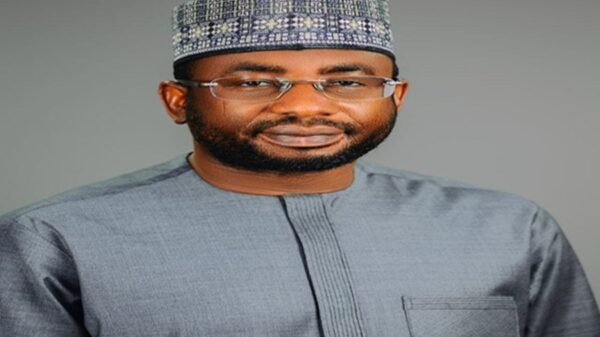Federal Government has announced a major revision to the entry requirements for tertiary education in Nigeria, declaring that Mathematics will no longer be a compulsory subject for students seeking admission into Arts and Humanities-related courses.
The new policy, unveiled on Tuesday by the Federal Ministry of Education, applies to all categories of tertiary institutions across the country, including universities, polytechnics, colleges of education, and Innovation Enterprise Institutions.
According to a statement signed by the ministry’s spokesperson, Mrs. Folasade Boriowo, the revised National Guidelines for Entry Requirements into Nigerian Tertiary Institutions are aimed at eliminating unnecessary academic barriers while maintaining rigorous standards.
“The revised National Guidelines for Entry Requirements into Nigerian Tertiary Institutions are designed to remove barriers while maintaining academic standards,” the statement read.
Under the new framework, Mathematics will remain mandatory for Science, Technology, and Social Science courses, but will no longer be required for students pursuing Arts and Humanities disciplines.
The guidelines specify the following:
– Universities: Candidates must possess a minimum of five (5) credit passes in relevant subjects, including English Language, obtained in not more than two sittings. Mathematics is compulsory only for Science, Technology, and Social Science courses.
– Polytechnics (ND Level): A minimum of four (4) credit passes in relevant subjects is required. English Language is mandatory for non-science courses, while Mathematics remains compulsory for science-related programs.
– Polytechnics (HND Level): Candidates must have five (5) credit passes in relevant subjects, including both English Language and Mathematics.
– Colleges of Education (NCE Level): A minimum of four (4) credit passes is required. English Language is mandatory for Arts and Social Science courses, while
Mathematics is required for Science, Vocational, and Technical programs.
The Ministry noted that the updated policy reflects the government’s commitment to inclusive education and aligns with global best practices in tertiary admissions.
Education stakeholders have welcomed the move, describing it as a progressive step that will broaden access to higher education for students with strengths in the Arts and Humanities.
![]()





























































